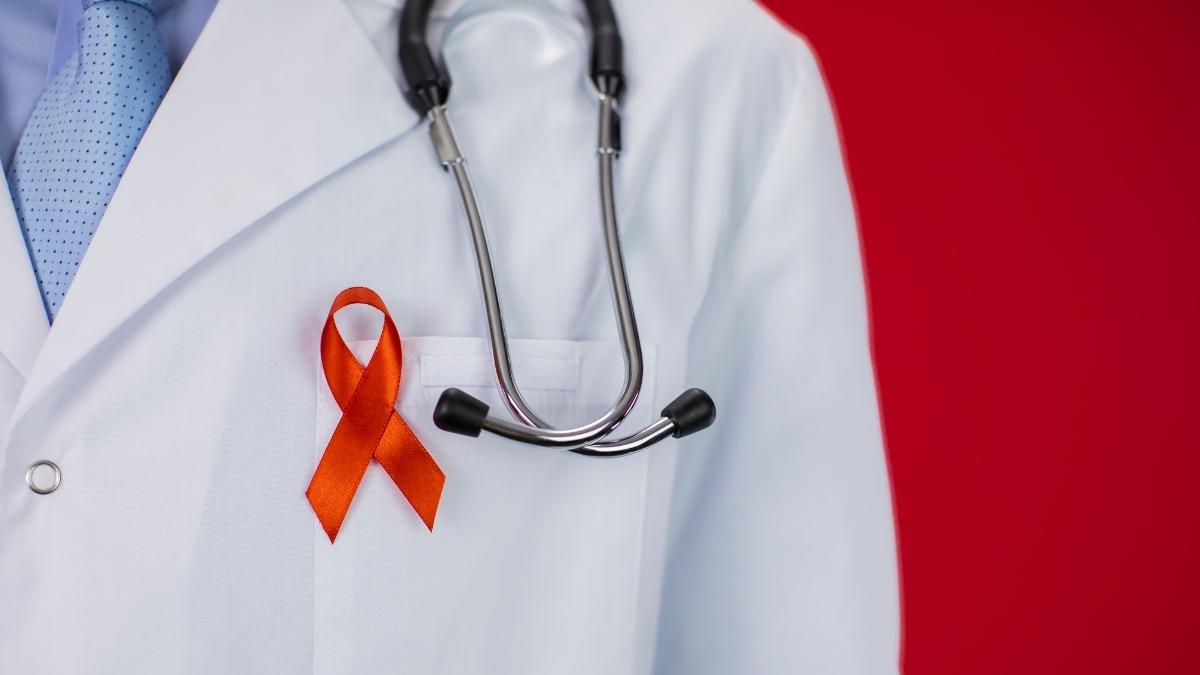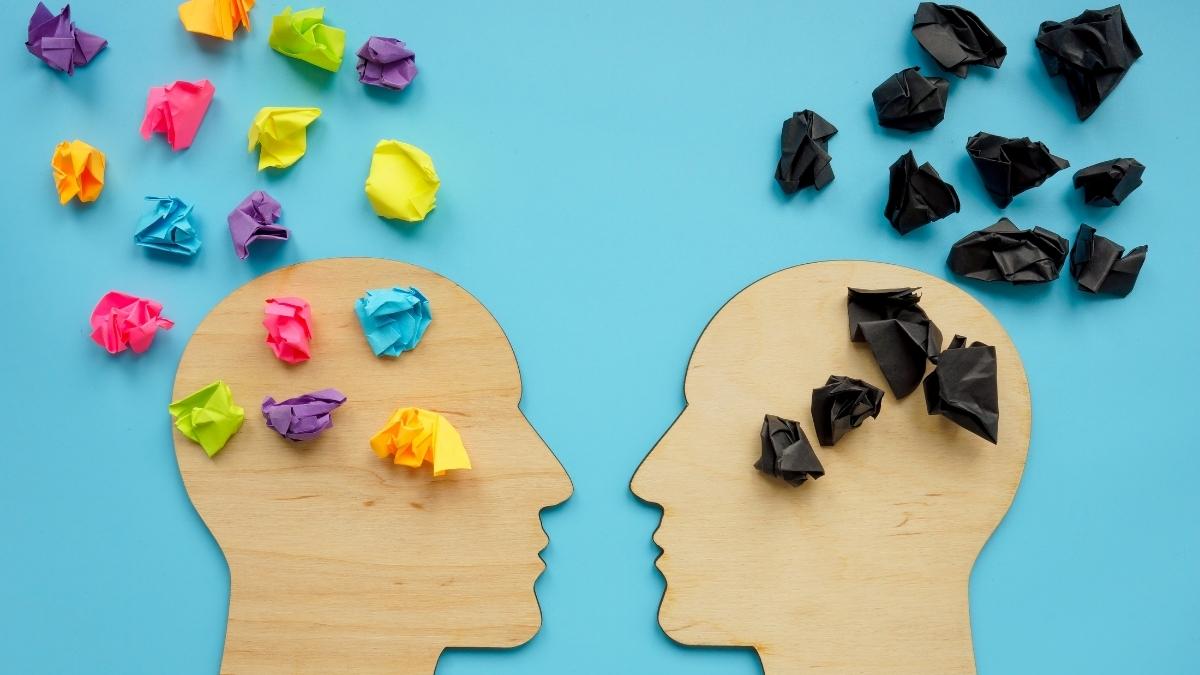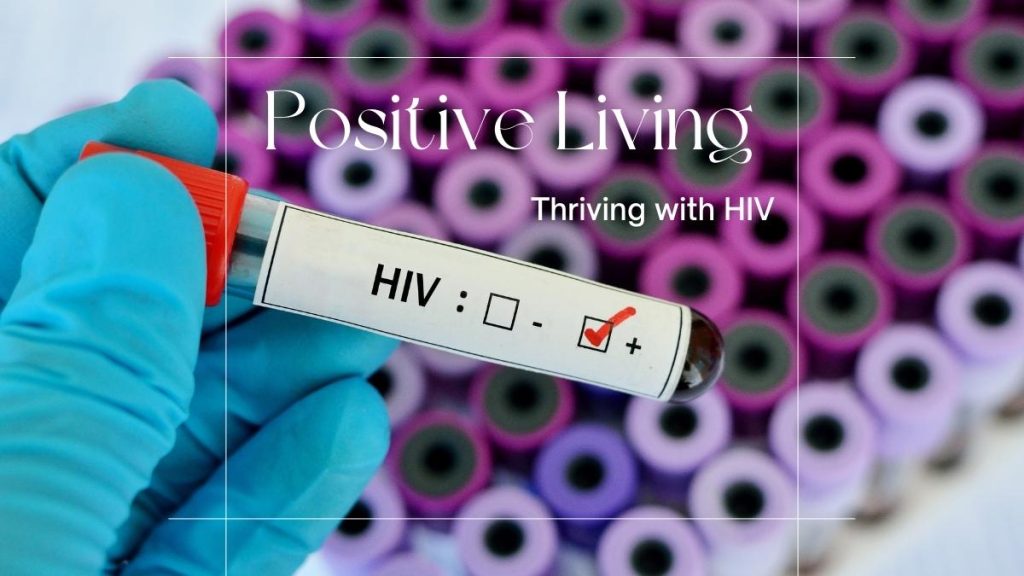Human immunodeficiency virus (HIV) is a serious health condition that affects millions of people worldwide. The virus attacks the body’s immune system, making it difficult for the body to fight off infections and diseases. HIV can lead to acquired immunodeficiency syndrome (AIDS), a condition that can be life-threatening. While HIV can have a significant impact on a person’s life, it is possible to live a healthy and fulfilling life with the virus. Positive Living, combined with effective HIV treatment, can help people with HIV thrive.
Definition of HIV and its impact
Importance of Positive Living for people with HIV
Positive Living is a term used to describe the mindset and lifestyle that people with HIV adopt to live a fulfilling life. Positive Living is about taking control of your life and making choices that benefit your physical and emotional well-being. Living with HIV can be challenging, but Positive Living can help you overcome those challenges. A positive attitude, healthy lifestyle choices, and a supportive community can help you lead a fulfilling life with HIV.

Overview of HIV treatment options
HIV treatment options have come a long way in recent years. Antiretroviral therapy (ART) is the most effective treatment for HIV. ART involves taking a combination of medications that target the virus at different stages of its life cycle. ART can suppress the virus to undetectable levels, allowing people with HIV to live long and healthy lives.
In addition to ART, there are other medical treatments for HIV, such as prophylaxis for opportunistic infections and vaccinations to prevent other diseases. Complementary and alternative therapies, such as meditation and acupuncture, can also be used to help manage HIV symptoms and improve overall well-being.
Positive Living with HIV
What is Positive Living? Positive Living is about taking control of your life and making choices that benefit your physical and emotional well-being. It is a mindset that helps people with HIV overcome the challenges of living with the virus. Positive Living involves making healthy lifestyle choices, building a support system, and staying informed about HIV. It is about finding meaning and purpose in life, despite the challenges of living with HIV.
Tips for living positively with HIV
- Practice self-care: Self-care is essential for people with HIV. It involves taking care of your physical, emotional, and spiritual needs. This can include eating a healthy diet, exercising regularly, getting enough rest, practicing stress-reducing techniques, and engaging in activities that bring you joy.
- Build a support system: A support system can provide emotional and practical support to help you cope with the challenges of living with HIV. This can include friends, family, healthcare providers, and support groups. It is important to surround yourself with people who are understanding and accepting of your HIV status.
- Maintain a healthy lifestyle: A healthy lifestyle can help improve overall well-being and enhance the effectiveness of HIV treatment. This can include getting regular medical check-ups, taking medications as prescribed, avoiding smoking and drugs, and practicing safe sex.
- Stay informed about HIV: Staying informed about HIV can help you make informed decisions about your health and treatment. It can also help you advocate for yourself and others living with HIV. Stay up-to-date on the latest HIV research, treatment options, and resources available to people with HIV.
HIV Treatment Options
Antiretroviral therapy (ART) is the most effective treatment for HIV. ART involves taking a combination of medications that target the virus at different stages of its life cycle. ART can suppress the virus to undetectable levels, allowing people with HIV to live long and healthy lives.
ART can have side effects, but these can usually be managed with medical monitoring and adjustments to the medication regimen. It is important to take medications as prescribed and to follow up regularly with your healthcare provider to ensure the effectiveness of treatment.
Other medical treatments for HIV
In addition to ART, there are other medical treatments for HIV, such as prophylaxis for opportunistic infections and vaccinations to prevent other diseases. It is important to work closely with your healthcare provider to determine which treatments are appropriate for your individual needs.
Complementary and alternative therapies for HIV
Complementary and alternative therapies, such as meditation, acupuncture, and herbal supplements, can also be used to help manage HIV symptoms and improve overall well-being. It is important to discuss any complementary or alternative therapies with your healthcare provider before using them, as some may interact with HIV medications or have other side effects.
Challenges of Living with HIV
Stigma and discrimination
Stigma and discrimination towards people with HIV continue to be major challenges. This can lead to social isolation, discrimination in healthcare settings, and barriers to accessing HIV treatment and services. It is important to educate yourself and others about HIV and to speak out against stigma and discrimination.
Access to healthcare
Access to healthcare can also be a challenge for people with HIV, particularly for those who live in rural or underserved areas. It is important to work with healthcare providers and community organizations to ensure that everyone has access to HIV testing, treatment, and support services.
Mental health and well-being
Living with HIV can take a toll on mental health and well-being. Depression, anxiety, and other mental health conditions are common among people with HIV. It is important to seek out mental health services and support to address these issues and to maintain overall well-being.

Resources for Positive Living and HIV Treatment
- Healthcare providers and clinics
- Healthcare providers and clinics can provide medical care, support services, and information about HIV treatment and management.
- Support groups and community organizations
- Support groups and community organizations can provide emotional support, education, and resources to help people with HIV thrive.
- National and international organizations
- National and international organizations, such as the Centers for Disease Control and Prevention (CDC) and UNAIDS, provide information and resources about HIV prevention, testing, and treatment.
Living with HIV is not easy, but with the right resources and support, people with HIV can lead long and fulfilling lives. Positive Living involves taking care of your physical, emotional, and spiritual needs, building a support system, maintaining a healthy lifestyle, and staying informed about HIV. HIV treatment, such as ART, can suppress the virus to undetectable levels and improve overall health. Challenges, such as stigma and discrimination, access to healthcare, and mental health, remain, but there are resources available to help people with HIV thrive. By working together and advocating for the rights of people with HIV, we can create a world where everyone can live with dignity and respect, regardless of their HIV status.

